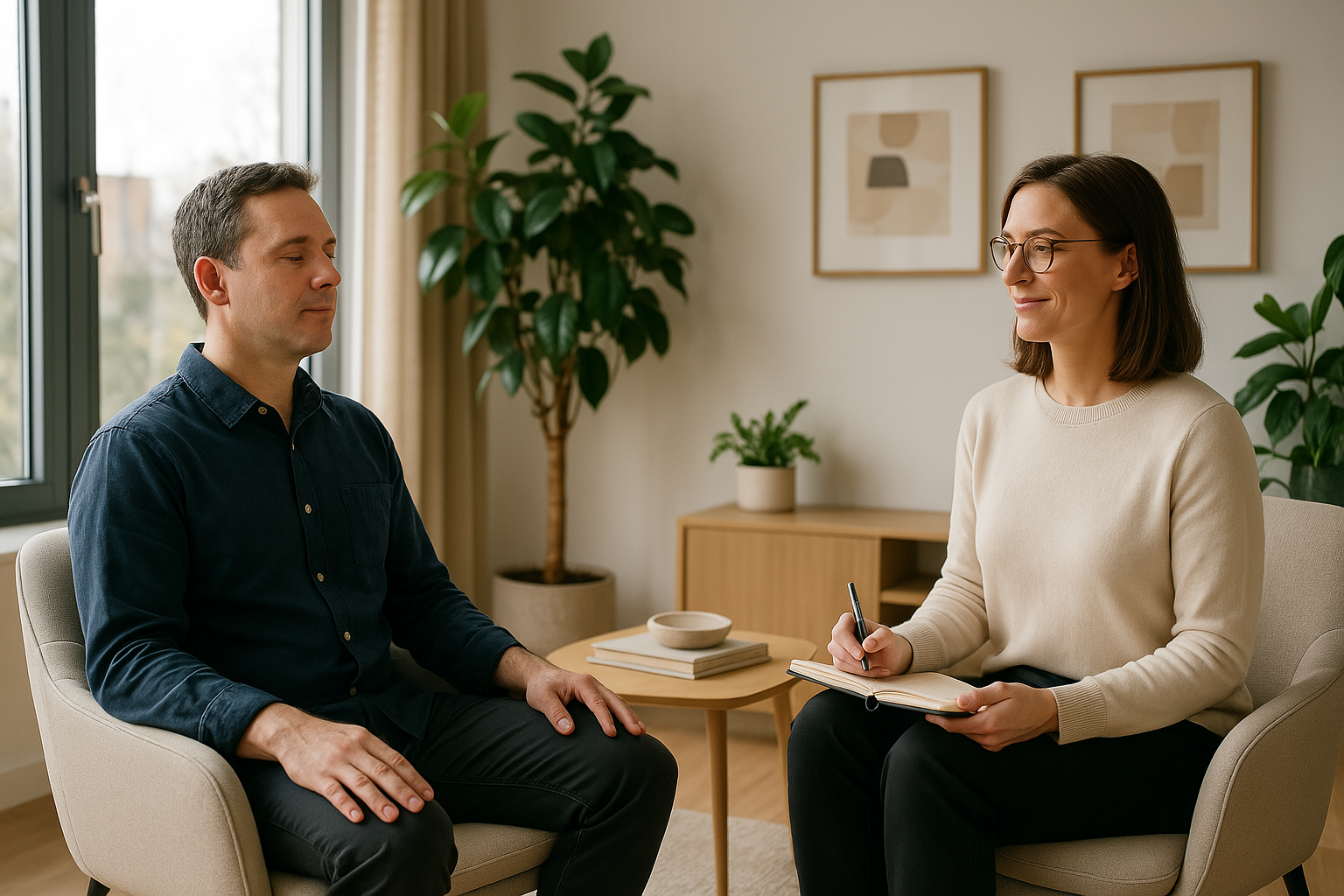Anxiety’s Hidden Message: Why Understanding Beats Managing
The Paradox of Control: Transforming Anxiety into Growth
Many people try to eliminate anxiety by setting up strict routines, avoidance tactics, or “management” techniques. While these strategies might offer short-term comfort, they can end up fueling anxiety in the long run. Paradoxically, the more we strive for total control, the more constricted our lives become—pulling us further from meaningful goals and experiences.
Understanding Anxiety’s Message
At its core, anxiety acts as an internal alarm system. Sometimes that alarm is precisely what we need—like stress before a crucial presentation that motivates us to prepare. Other times, the alarm might be less about an immediate threat and more about deeper emotional needs or unresolved experiences. When we learn to interpret anxiety rather than just “manage” it, we gain valuable insights into what truly matters.
The Cost of Avoidance
Consistently avoiding anxiety can:
- Reinforce its power by teaching our minds that anxiety is overwhelming.
- Limit opportunities for personal growth as we dodge challenges that might lead to new skills.
- Reduce the richness of life experiences by shrinking our comfort zone.
- Disconnect us from our values and what’s genuinely important.
Yet when we turn toward anxiety with curiosity—rather than running from it—this response shift can make anxiety feel more manageable and less intimidating.
Finding Freedom Through Acceptance
Acceptance doesn’t mean giving up. In many therapy approaches, such as Acceptance and Commitment Therapy (ACT), acceptance is about making room for difficult emotions while staying true to our values. This could include:
- Acknowledging anxiety’s presence without trying to suppress it.
- Noticing your automatic responses—are you resisting, avoiding, or judging yourself?
- Practicing mindful awareness of sensations and emotions.
- Taking meaningful action even when anxiety lingers in the background.
By doing so, you’re choosing a life guided by purpose rather than driven by fear.
The Role of Mindfulness
Mindfulness techniques are invaluable for creating a buffer between ourselves and our anxious thoughts. With mindful practices, we can:
- Observe anxiety as a passing experience rather than an identity.
- Notice our internal dialogue around worry, fear, or self-criticism.
- Break habitual patterns that keep us stuck in avoidance.
- Stay present instead of spiraling into what-ifs about the future.
Whether through a formal meditation practice or small daily check-ins, mindfulness helps us learn that we can experience anxiety without being controlled by it.
Moving Forward
Real relief from anxiety arises not through brute-force control but through understanding and acceptance. When we interpret anxiety’s signal, accept its presence, and choose how to respond, we transform our relationship with it. This transformation opens the door to both personal growth and inner peace.
If you’d like to explore these ideas further or seek professional guidance for anxiety therapy, our virtual clinic at Next Step Therapy can help. We specialize in anxiety treatment and performance optimization for ambitious professionals who want to thrive without sacrificing well-being.











